Throughout cinema's lengthy history in the United States and the entire world, the representation of Black individuals on screen has always been a topic of discussion since the first films were made. The earliest inclusions of Black characters on screen were mostly stereotypical and saw them in limiting or background roles. As the concept of film and cinema as a whole has evolved, the representation, inclusion and positive portrayals of Black individuals on screen have as well.
As more characters of color are brought to or seen on the big screen, many of them have become iconic after one or numerous appearances in visual media. Whether they are an influential superhero or a hilarious assassin, these important characters have proven themselves to be true icons within cinema. So, here are 10 of the most iconic Black characters in movie history.
John Shaft - Shaft Franchise
Richard Roundtree was an established American actor who helped pave the way for future Black performers. Roundtree's influential status as a pivotal figure within Black cinema began with his breakthrough role as John Shaft in the 1971 film Shaft. The blaxpotation crime film is an adaptation of Ernest Tidyman's novel of the same name, and sees the author co-write the film's screenplay. Shaft follows the titular character, a private detective, who is hired by a Harlem mobster to rescue his daughter.
John Shaft's leading role in an action film and Roundtree's charismatic performance established Shaft as an influential character within the genre of action movies. Shaft is considered to be the first Black action hero presented as a lead on screen, and his appearance led to more Black action heroes appearing in blockbuster films. The character also showcased the power of Black masculinity through the film's effortless discussions centered around race.
Shaft has easily cemented himself in the legacy of film, due to his substantial presence, and is the career-defining portrayal by the late Richard Roundtree.
Chris Washington - Get Out (2017)
Despite only appearing in one film, Daniel Kaluuya's powerful portrayal of Chris Washington in Jordan Peele's Get Out (2017) is an excellent, modern portrayal of perseverance and survival. Starring in the lead role, Kaluuya stars as the young Black protagonist who accompanies his girlfriend as the two visit her family. Once there, however, Chris soon realizes that his girlfriend and her family are more sinister than he thought — as he uncovers a racist scheme happening within their home.
In recent years, Get Out has continuously been referenced, critiqued, and cited as one of the generation's greatest horror films. The film tackles racism and familial connections with ease, and cements a relatable character (Chris) at the film's center. In an interview with GQ magazine, Kaluuya comments on the film's relatable nature by statingm "It feels like a real dude, it feels like a real relationship, it feels like a real dynamic, it feels like a real conflict."
Chris's overcoming of the family's racial prejudices and microaggressions makes his characterization one to remember. It is a cathartic moment once he becomes victorious, and his arc is easily remembered among horror's greatest.
Princess Tiana - The Princess and the Frog (2009)
Animated Disney films are some of the most easily accessible films offered to young children and are many children's first interactions with fictional characters on screen. While the major studio has a massive array of characters that have proven to be iconic and influential for many generations of viewers, Princess Tiana's presence as the first African-American princess in a Walt Disney Pictures film is one of the most memorable.
First appearing in The Princess and the Frog (2009), Tiana's story centers around her dreams of opening a restaurant in New Orleans in the 1920s. However, her plans halt once she kisses a prince turned into a frog and is forced to find a way back to humanity. Despite Tiana appearing as a frog throughout the majority of the movie, Tiana's history-making status led to her being an iconic influence for many of the film's viewers. The character's relatable passions and desires, paired with a colorful film and groovy soundtrack, make her one of Disney's best animated characters.
Jules Winnfield - Pulp Fiction (1994)
American filmmaker Quentin Tarantino is no stranger to creating iconic characters in his films, and Jules Winnfield from 1994's Pulp Fiction is no exception. Samuel L. Jackson stars as the character in Tarantino's famed crime film. He plays a dedicated hitman who is also a collaborator with Vincent Vega (John Travolta), the film's leading man.
What makes Jules such an iconic character stems from Tarantino's clever writing, mixed with Jackson's effortless portrayal of the film's most famed creation. Jules is a character who is known for his recognizable quotes and his dedicated scripture, known as Ezekiel 25:17. The character is easily one of Tarantino's best.
Foxy Brown - Foxy Brown (1974)
The Blaxploitation film is a subgenre of exploitation films combining the exploitation of current trends and ideals with the Black racial identity. The genre first materialized in the early 1970s and has since become an influential presence within cinema as a whole, inspiring directors and creators for over 50 years. One of the many films to popularize within this genre was Foxy Brown (1974), which was written and directed by Jack Hill. Pam Grier starred as the film's central character, a young woman seeking revenge on the drug dealers who murdered her boyfriend.
Grier's smooth performance as Foxy Brown, as well as the character's writing, proved a commercial success for the film. The film amassed over $2 million at the box office, and was relatively liked by critics for its portrayals of its sexual and violent content. The true power of Foxy Brown's influence can best be felt through the film's staying power within the genre and cinema. Foxy Brown became the central archetype of blaxpotiation female characters, and the film has since been cited as an influence on memorable films like Jackie Brown (1997).
Candyman - Candyman Franchise
When it comes to discussions surrounding iconic horror villains, it does not long before the name of the hive-centric Candyman comes into discussion. The hooked-handed villain serves as the main antagonist throughout the Candyman franchise, but he first appeared in the 1992 film of the same name. Portrayed by Tony Todd, Candyman's backstory involved his death due to an interracial love affair before he returned as an urban legend that kills anyone who chants his name in front of a mirror five times.
The character has become a major face within the horror genre and its community as being one of the few instances of popular Black villains within the selection of films. The films have also served as a message about social justice issues regarding race, such as gentrification. The terrifying portrayals by many of the character's performers, but most notably by Todd, have easily secured the character as an iconic horror icon.
Brenda Meeks - Scary Movie Franchise
Regina Hall's performance of Brenda Meeks within the Scary Movie series is often considered one of Hall's best performances, and it is for a good reason. The character appears in the series' first four films and has become one of the breakthrough stars of the hit horror parody franchise. Each movie presents Meeks with a new scenario related to common tropes and themes within horror, and it is her job to survive along with her friend Cindy (Anna Faris) and boyfriend Ray (Shawn Wayans).
Hall's charismatic and comedic portrayal of the extravagant Brenda Meeks has led to numerous memes and iconic moments from the character. These scenes include her iconic scene annoying the fellow patrons inside a movie theater, her reaction to Cindy getting the skeleton killer near her, and her humorous fight with a parody character from Ringu.
Brenda Meeks has become a highly quotable and popular character, outside of her first appearance in Scary Movie (2000). Without Hall's genuinely effortless performance, viewers would not have been able to experience one of cinema's most hilarious characters.
Madea - Madea Franchise
It is hard to mention hilarious characters in Black cinema without mentioning the iconic, street-smart Madea, who has appeared in numerous films by Black billionaire Tyler Perry. While the character's authenticity and stereotypical portrayal have been questioned over the years, it is hard to deny the lasting effect of the character based on Perry's mother and aunt. Madea first appeared in Perry's stage play I Can Do Bad All By Myself in 1999 and made her first film appearance in 2005's Diary of a Mad Black Woman.
Since the character's appearance, Madea has become a popular and quotable film character throughout the Black community. The character has sparked discussions surrounding minstrelsy and drag culture while also helping establish Tyler Perry as a pivotal face within the landscape of television and film.
Despite where one stands on the validity of Madea within the media, it is hard to deny that the character has not become an iconic face within film and television.
Miles Morales - Spider-Verse Franchise
The iconic Marvel character, Miles Morales, is not only a new addition to the big screen but is also a recently created character. Created by Briana Michael Bendis, Sara Pichelli and Axel Alonso, Miles Morales made his first appearance in Ultimate Fallout #4 by Marvel Comics in 2011. Since his creation, Miles' growing popularity as a role model for children of color has led to him appearing in numerous media outside the comic realm. This includes appearances in Disney XD's Spider-Man television series, the Spider-Man video games developed by Insomniac Games, and the aforementioned animated film Spider-Man: Into the Spider-Verse.
Miles Morales' inclusion in the positively acclaimed and best-selling films Into the Spider-Verse and its sequel, Across the Spider-Verse, have propelled the character into modern culture. Miles' authentic story as a teenager struggling with his emerging superpowers has made him a relatable character in the influx of superhero films on screen. Accompanying his massive popularity is his cultural identity as a biracial, Afro-Latino character, which has made him a positive representation for people of color on screen.
Black Panther - Marvel Cinematic Universe
It should be no surprise that T'Challa (Chadwick Boseman) takes the number one spot on this list. The Wakandan king of the African nation became one of the many breakout hits of the Marvel Cinematic Universe after his first appearance in Captain America: Civil War in 2016. Since then, the character's journey and influential solo movie became an important aspect of Black culture and diversity within superhero films before Boseman's untimely death in 2020.
The status of Black Panther (2018) as one of the first Black-led superhero blockbusters transformed the character into an icon. He became a representative figure for many Black viewers and helped bring more representation to the film landscape. Boseman's captivating performance of the character throughout the MCU films also contributed to the character's rise in popularity and status.
T'Challa soon represented more than another powerful superhero within a fictional universe. Instead, he became a beacon of hope and a positive showcase of African heritage and roots within society.
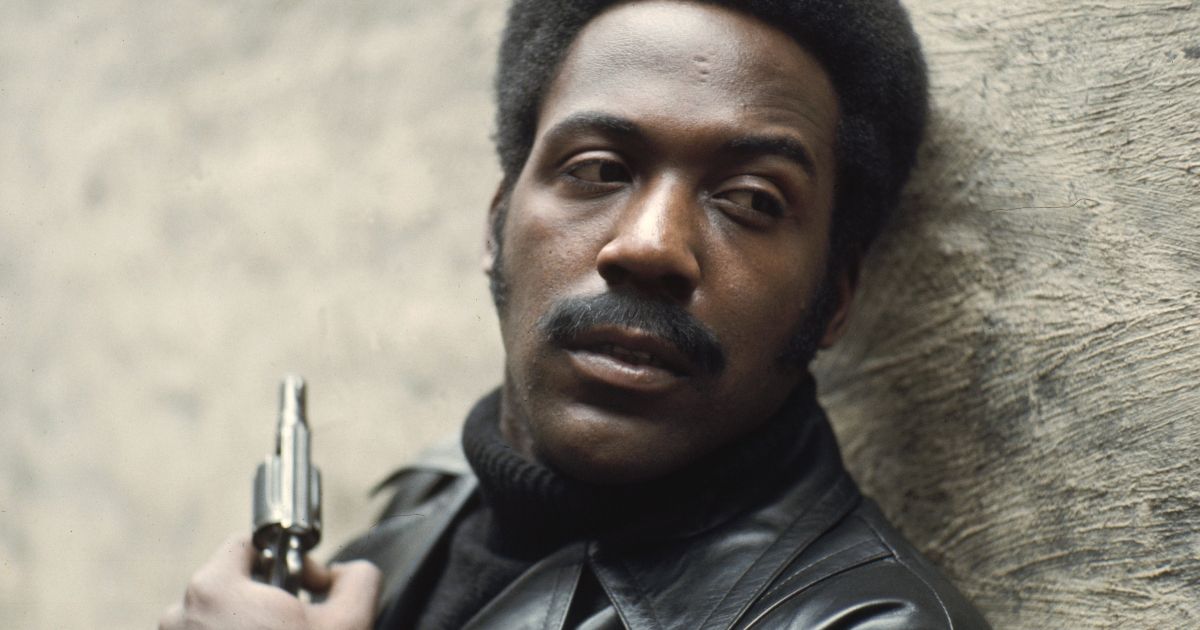
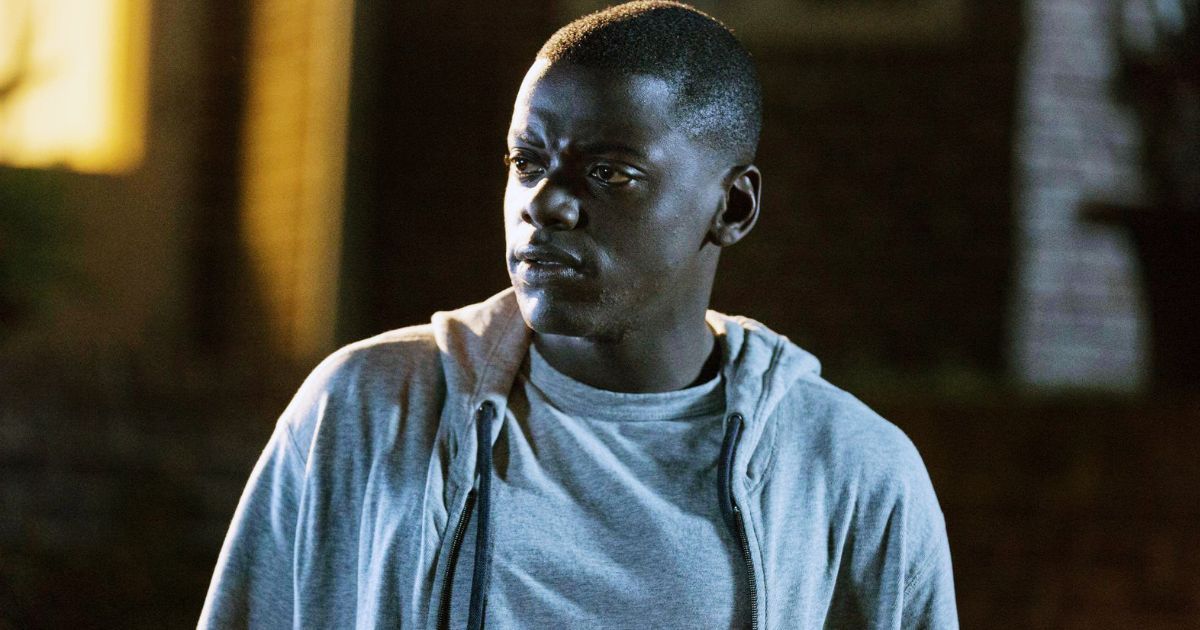
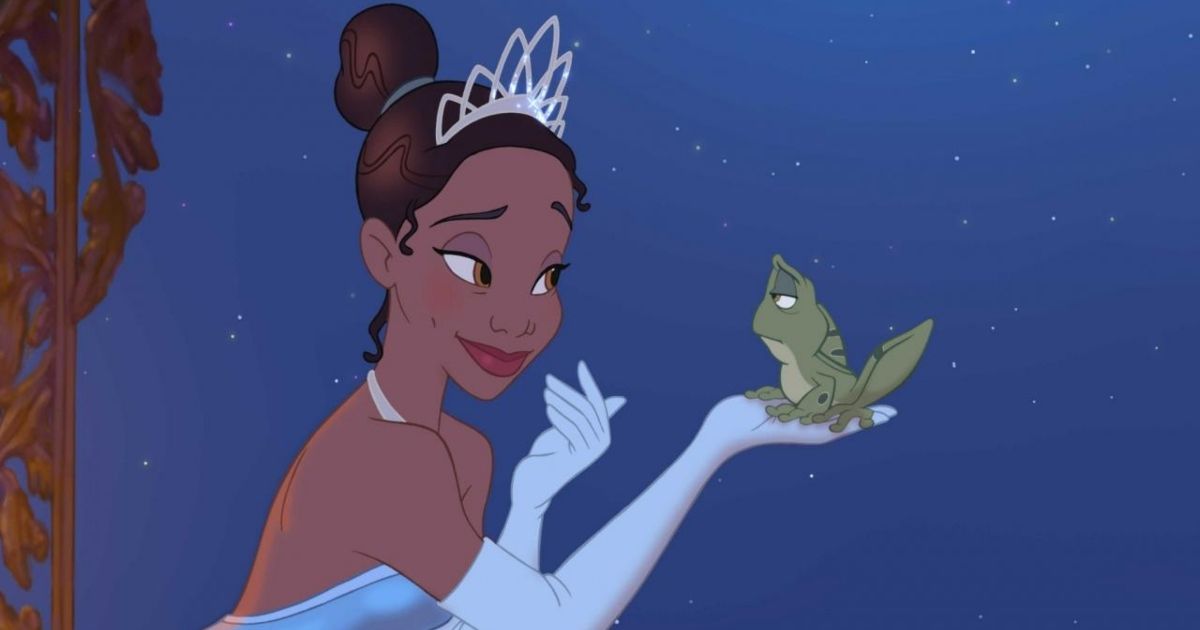
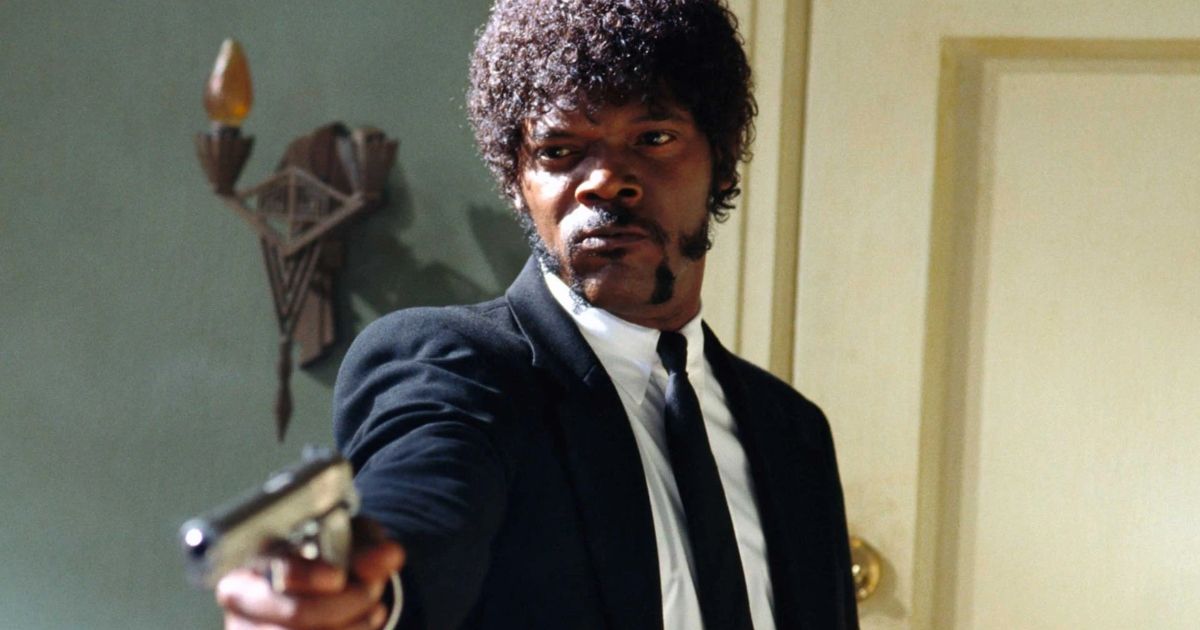
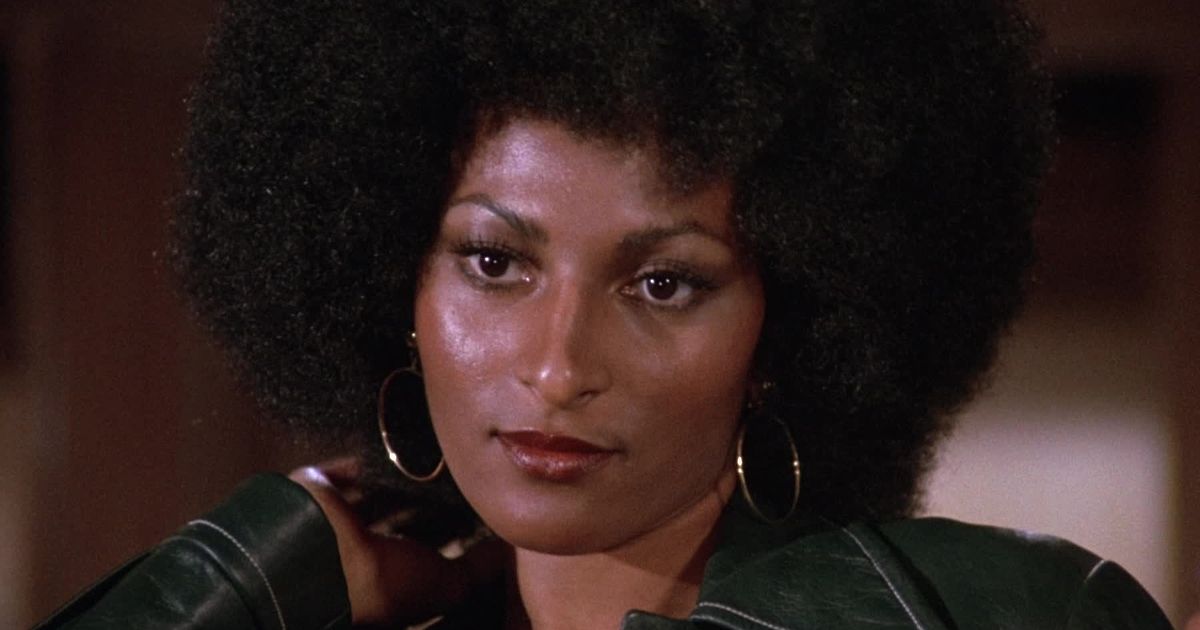

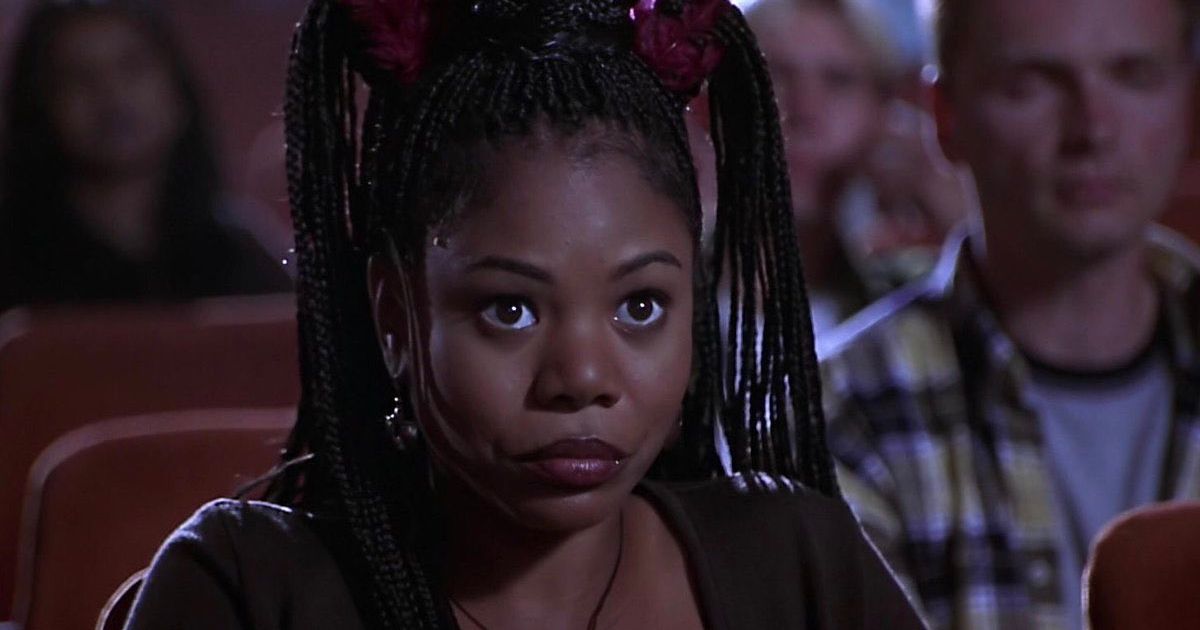
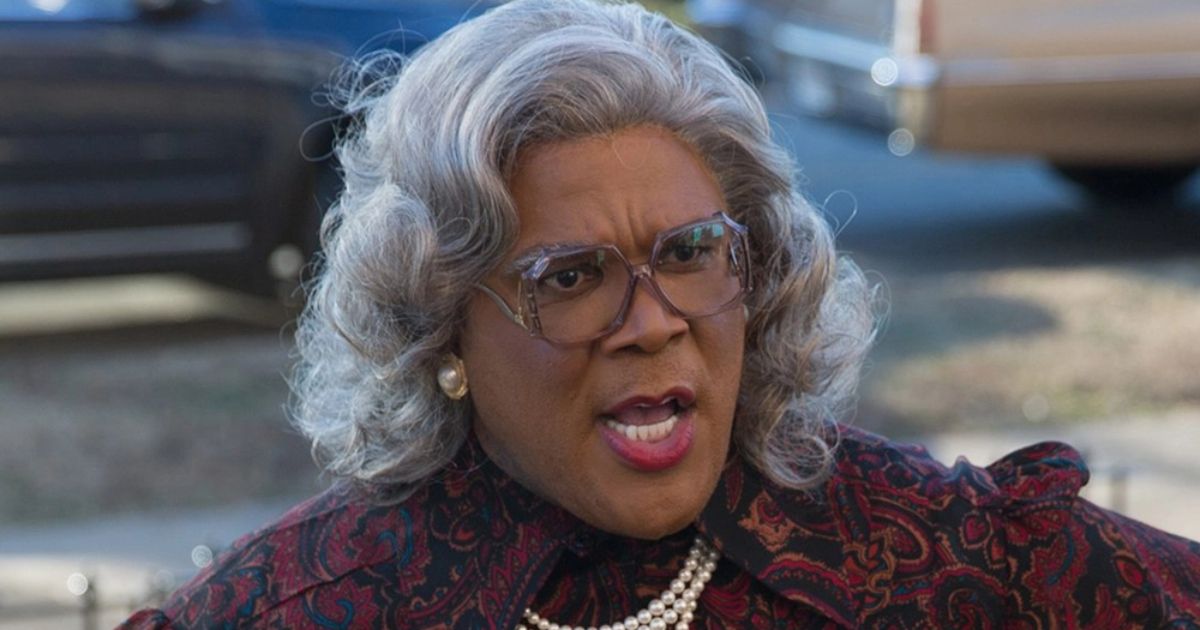
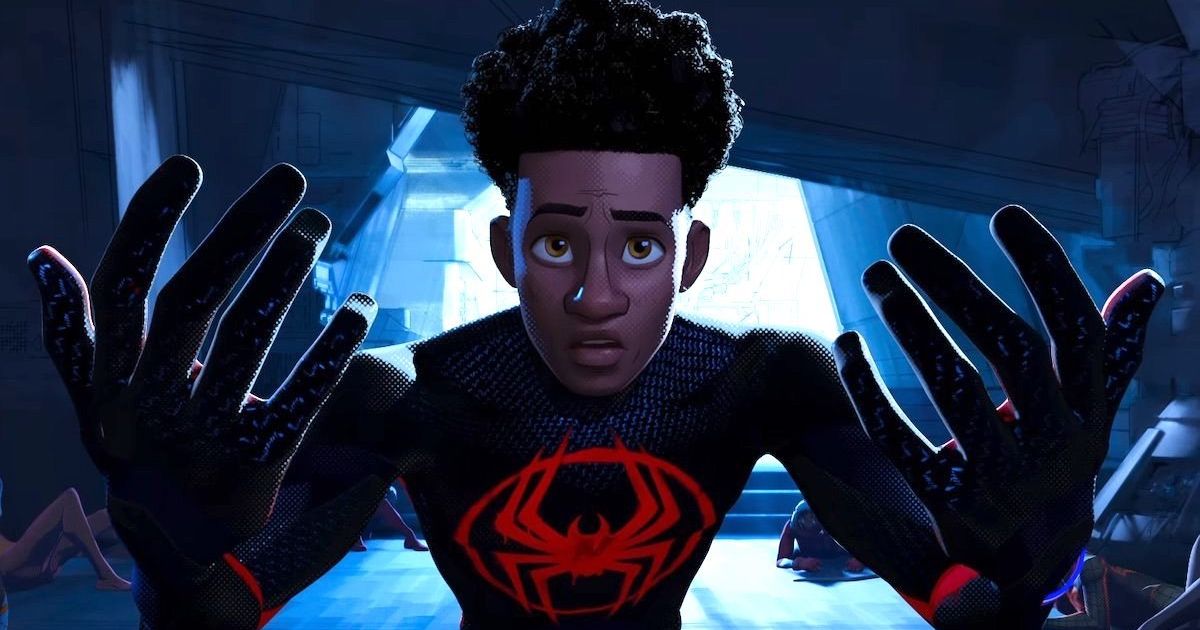
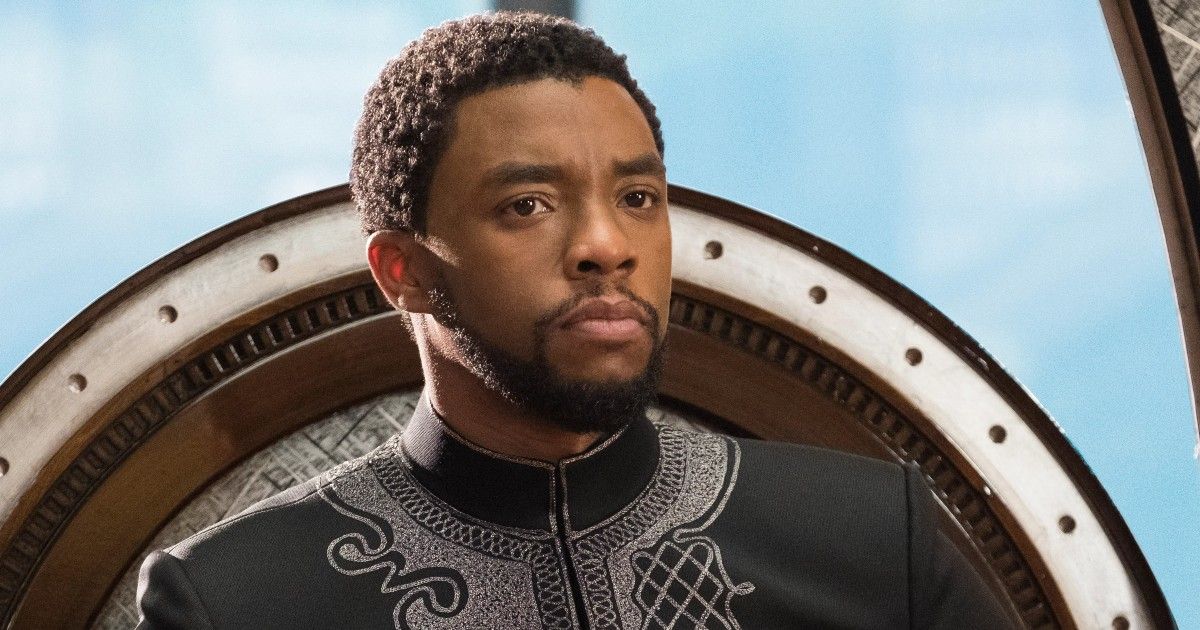
Comments
Post a Comment